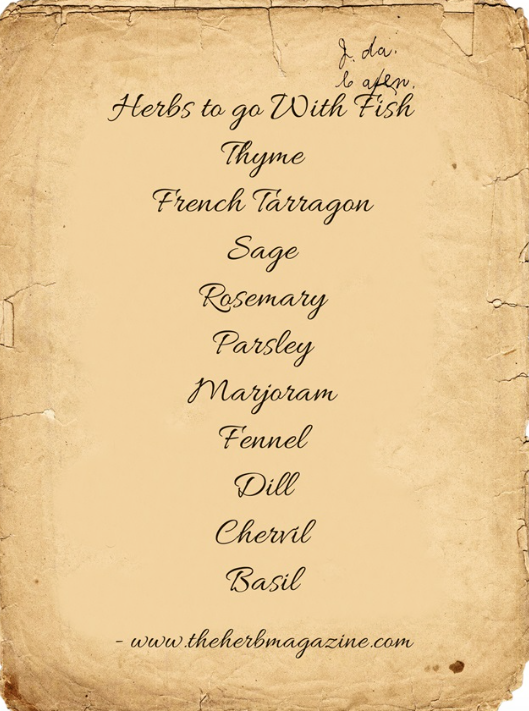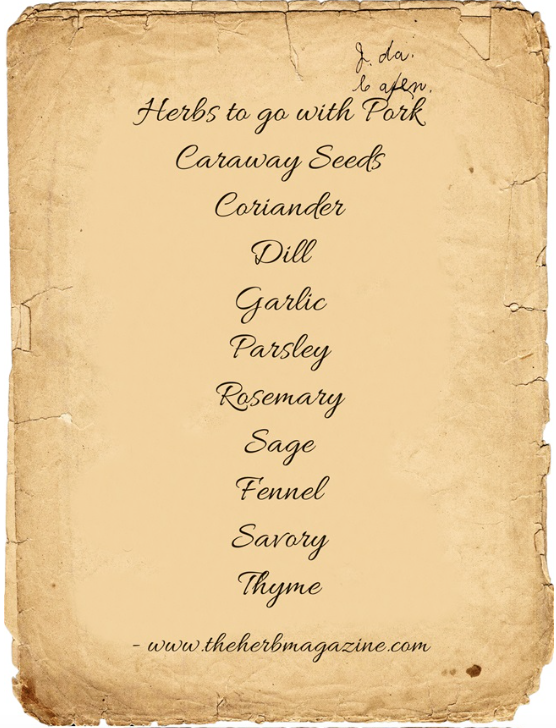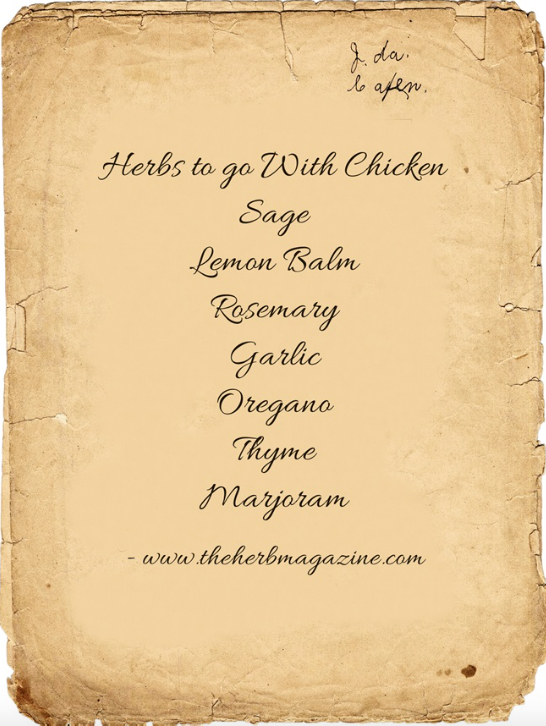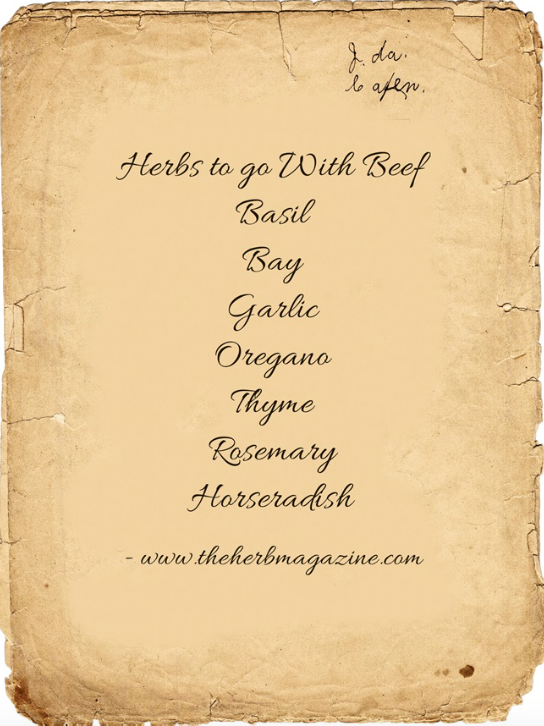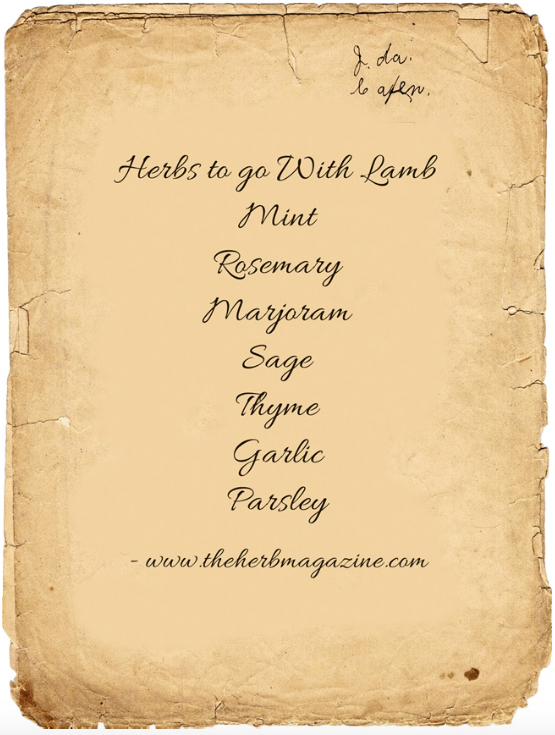- The Herb Guide Home
- Herb Guide News
- Fresh Herbs
Fresh Herbs
As an Amazon Associate I earn from qualifying purchases
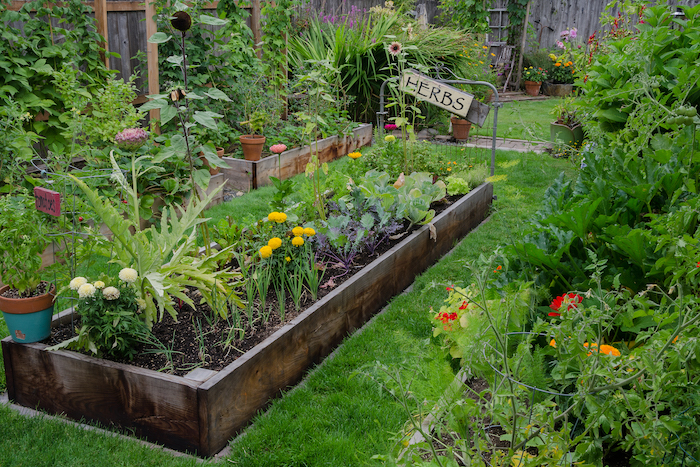
As your fresh herbs start to grow, you'll want to find the different ways of using them.
Most herbs will start to grow afresh in the spring. Some of course are evergreen, but you need to be cautious with how much you use them over the winter. They're having a bit of a rest, so you should only take a little as you need to.
No, April to May will be the time that you can really get stuck in to using your fresh herbs from the herb garden. Just a little at first, but then they will explode into life and you'll be overwhelmed with more than you can use.
Your annual herbs will be sown in early spring and will be ready for you to use during the summer to fall. Perennial herbs will be popping up late spring to early summer through to the fall.

You can try a sample lesson to help you decide if the Herbal Academy of New England is the right choice for you - follow the link below.
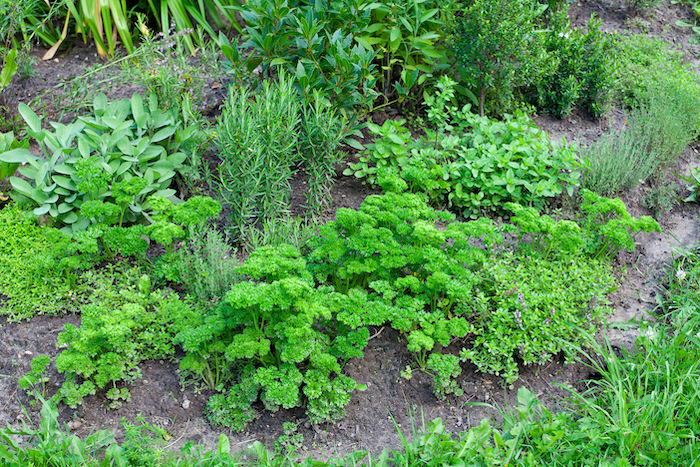
Chives tend to be one of the first herbs to grow a useful amount, followed by mint a month or so later and then standby for the stampede!
As you've waited so long for them, you'll also want to consider how to preserve them for using out of season. You may have a glut, either accidental or intentional (I grow vast quantities of chamomile to dry to make tea) and it's a shame to waste them.
Do let some flower for the bees - but you'll need to nip off flowers of annual herbs to prolong their growing season. Once they've flowered, they set seed and that's their job done, so they fade away and die.
Do I need to wash fresh herbs?
I would give them a rinse before using most times.
If there's mud on them, then give them a good wash in cold water. Otherwise, a quick rinse to get any dust off them will be fine.
Cooking with Fresh Herbs
The main reason most people start to grow herbs is to use them in cooking. There are millions of herb recipes - there's a link here to the recipes on The Herb Guide which you can browse for inspiration. A quick search on the internet will yield many many more.
There's five handy charts above which tell you the herbs to go with different meats - chicken, beef, pork, lamb and seafood. Each of those articles give you example recipes of using the different herbs - again, search and you'll find millions more.
Herbs make good dressings for salads, marinades for meat and of course, sauces in their own right. Basil Pesto, Parsley Sauce with fish or gammon, Sorrel Sauce with fish are some prime examples.
Fresh Herbs - Cosmetic and Medicinal
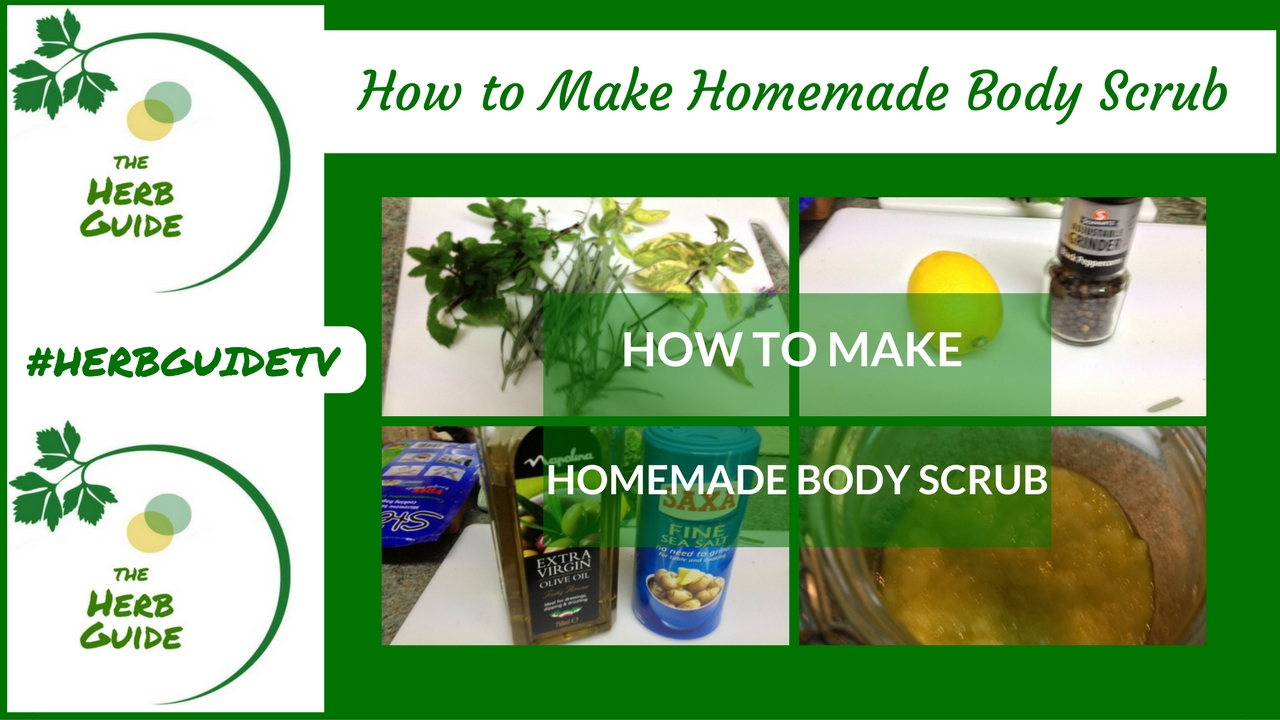
You can use your fresh herbs to make simple remedies and cosmetics. These are live links.
From a body scrub to shaving cream - it's all possible with herbs from your garden.
Do check with your doctor prior to embarking on any herbal remedies. Natural doesn't always mean 'safe'. Some herbs interact with pharmaceutical drugs which you would need to be aware of.
Also, herbs are good for chronic conditions, but with a few exceptions, not always effective for acute conditions.
Sage or Thyme with Honey will soothe a sore throat, Comfrey won't fix your broken leg, even though its common name is Knitbone and it does have healing properties - you'll need modern medicine to fix your leg.
Lavender will soothe you and a proper bedtime routine coupled with that could help with the chronic condition of insomnia.
I drink Chamomile tea daily - it's a very calming and relaxing herb and has anti-bacterial properties. It also makes great hair rinse for light coloured hair.
It is virtually impossible to recommend a herbal remedy without a conversation - herbs are complex, a Medical Herbalist will consider you as a person, your condition and the herb(s) to arrive at a remedy for you. The process is referred to as 'energetics' and will rarely result on a one herb simple remedy. It will most likely be a combination of up to seven.
Storing Fresh Herbs
If you're growing them in the garden yourself, then you don't need to worry too much about storage. They'll be growing on the plant until you need them.
If you've bought a bunch or been given some, then you can store them in the refrigerator. Pop them in a mug of water until you need them. Trim the bottom off them so they can get a drink. If you pop a plastic bag over them and secure with an elastic band, then that will help them survive a bit longer.
They should keep for a week or longer this way. Change the water every few days to keep it fresh and it could be as long as two weeks.
Alternatively, you can wrap them in a damp cloth which will keep them a bit longer than doing nothing.
There are special herb keepers you can buy - there is a huge range on Amazon (I love Amazon as you can compare the different brands for prices and features, plus the customer reviews are very helpful when making a decision AND you can normally get your money back if you don't like something).

This Cole and Mason Herb Keeper has a flip up lid, two dividers, a window for you to see the water level and the top part expands to accommodate taller herbs.
Fresh Herbs versus Dried Herbs
If you have fresh herbs, then use them and save your dried for out of season use.
Fresh herbs are not better or worse - there are limits to dried herbs though. They wouldn't be very nice scattered over a salad for instance unless they were hydrated in a dressing. Likewise, it's recommended to use dried herbs instead of fresh when making oils to help prevent mould forming.
They each have their use.
Dried are stronger because they are dehydrated and concentrated. That's all.
If you have a recipe that states one tablespoon of fresh chopped herb, substitute one teaspoon of dried and see if it tastes okay. You can add a little more if you want. Hydrate the dried herb first - either in the sauce or marinade.
I've seen a recipe for dried basil pesto - not personally tried it, but it's possible to make it.
If you have a recipe that states one teaspoon of dried herb, substitute a tablespoon of chopped fresh, then taste.
Preserving Fresh Herbs
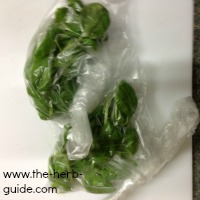
Pick them as you need them to begin with. Once the plants start to put on a lot of growth, them you can consider how you're going to preserve them.
There is a whole section on preserving here.
The basic choices are:
- herb oil
- herb vinegar
- herb butter
- freezing in oil
- freezing in water
- freezing in bags
- drying in the microwave
- drying in the oven
- drying naturally
- drying in a dehydrator
All methods are covered on the Preserving section on the Navbar but I will cover it in more depth later in the season.
I may receive a commission if you purchase something mentioned in this post. See more details here This will not affect the amount you pay.

